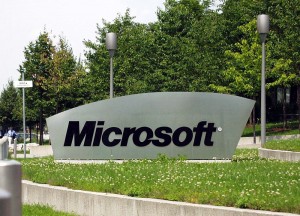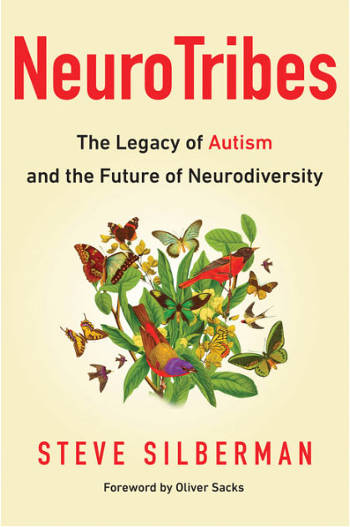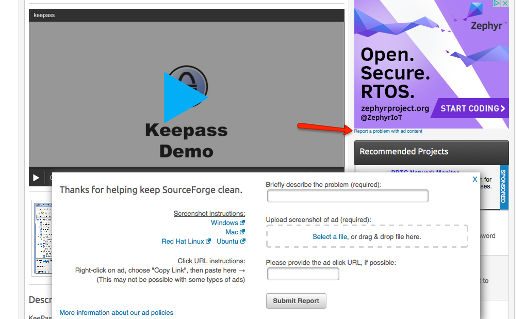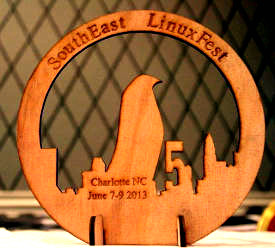While the mainstream tech press is ready to embrace “the new Microsoft” as a friend to open source, many who fought in the trenches against the corporate giant will never be able to forgive and forget.
Op-ed
Every time I write an article criticizing the depth of Microsoft’s proclaimed love of Linux, as well as questioning the motive behind it, I receive return criticism, often from places I would’ve, in the past, least expected, such as from within the GNU/Linux community. In places like Slashdot, some open source subreddits, and even occasionally on FOSS Force, there are commenters who accuse me of letting the past blind me to the great work that Microsoft is now doing for Linux and open source.
 Let’s forget for a minute that I have plenty of reasons for seeing Redmond as a continuing threat to free tech. Let’s forget the patent issues the company still uses as a threat, as well as the fact that all of its contributions to open source are to support Azure and Windows, the latter of which remains proprietary and definitely not free software. Let’s also forget that this love of Linux was announced when Microsoft began betting on the cloud, where embracing Linux became necessary for survival. Can you imagine a Windows only cloud service? Neither can I.
Let’s forget for a minute that I have plenty of reasons for seeing Redmond as a continuing threat to free tech. Let’s forget the patent issues the company still uses as a threat, as well as the fact that all of its contributions to open source are to support Azure and Windows, the latter of which remains proprietary and definitely not free software. Let’s also forget that this love of Linux was announced when Microsoft began betting on the cloud, where embracing Linux became necessary for survival. Can you imagine a Windows only cloud service? Neither can I.
Christine Hall has been a journalist since 1971. In 2001, she began writing a weekly consumer computer column and started covering Linux and FOSS in 2002 after making the switch to GNU/Linux. Follow her on Twitter: @BrideOfLinux










